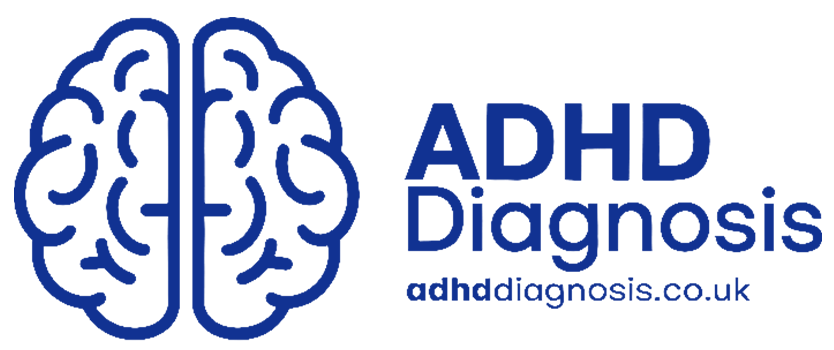Receiving a diagnosis of ADHD can be a pivotal moment in a person’s life. For many, especially adults, it’s not just a clinical label—it’s a deep sense of validation. After years of struggling with focus, disorganisation, poor time management, or emotional regulation, finally understanding the reason behind these issues can bring immense relief. Instead of blaming themselves for past mistakes, individuals begin to realise that their brains function differently and that many of their challenges were not moral failings but symptoms of an underlying condition.
One of the most significant benefits of a diagnosis is access to treatment. In the UK, once diagnosed, individuals may be offered medication like methylphenidate (Ritalin) or lisdexamfetamine (Elvanse), which can help increase focus and reduce impulsivity. Alongside medication, behavioural therapy, coaching, and support groups can help build skills in organisation, emotional control, and communication. Schools can put in place Educational Health and Care Plans (EHCPs) for diagnosed children, ensuring tailored learning support. Employers may also offer reasonable adjustments under the Equality Act 2010, such as flexible schedules or quiet workspaces.

A diagnosis also allows individuals to connect with others who share similar experiences, reducing feelings of isolation. It opens the door to community, advocacy, and self-awareness. By understanding their own strengths and limitations, people with ADHD can learn to work with their brains rather than against them. Over time, this can significantly improve one’s quality of life, career progression, relationships, and emotional wellbeing.






